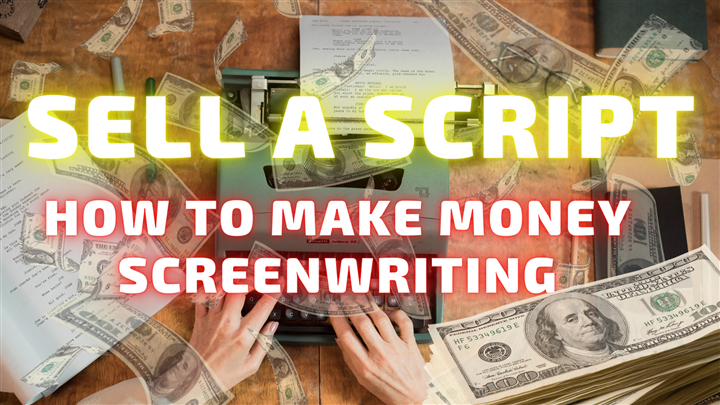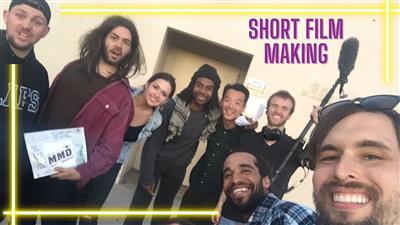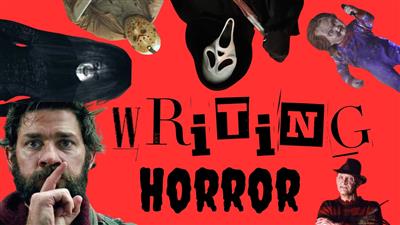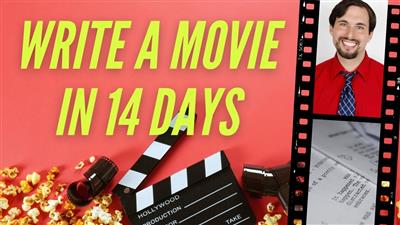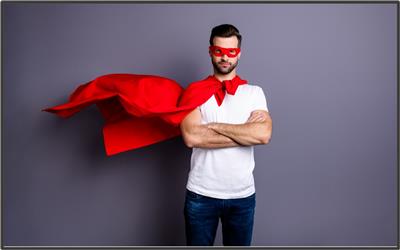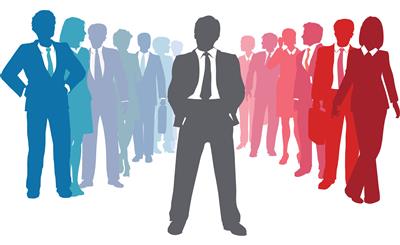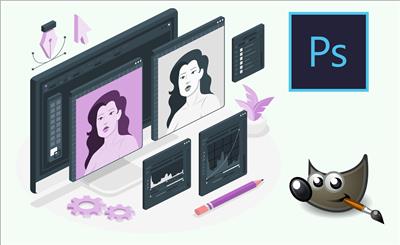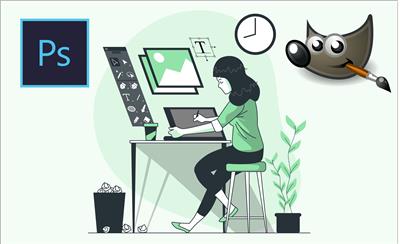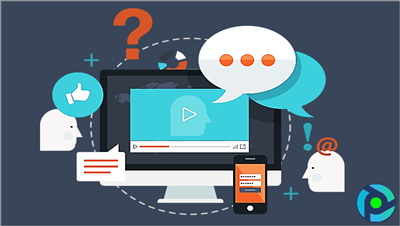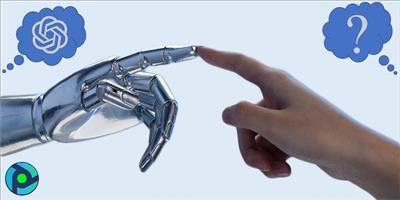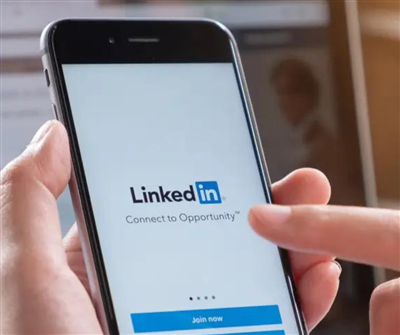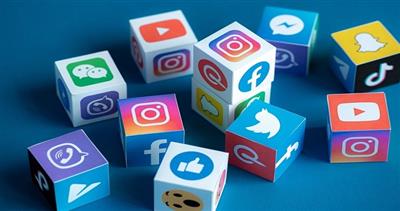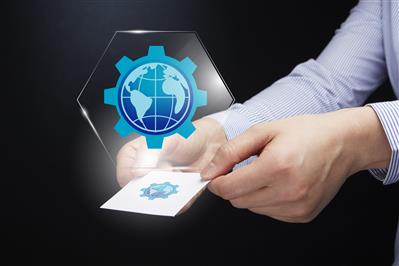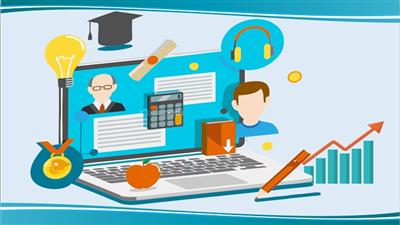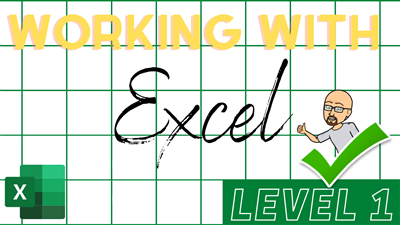
Explore the Essentials of Economics
Join our easy-to-understand economics course! Learn about money, choices, and how the world works. Explore topics like supply, demand, scarcity, and more. Sign up now and start learning
Economics is like a big puzzle that helps us understand how people, businesses, and governments make choices about using resources. We all have needs and wants, but there's only so much stuff to go around, like money, time, and land. So, economics is about figuring out the best ways to use what we have to get what we want.
There are two main parts of economics: microeconomics and macroeconomics. Microeconomics looks at small-scale things, like how families or businesses decide what to do. Macro-economics looks at big stuff, like how whole countries manage their money and jobs.
One big idea in economics is supply and demand. Supply is how much of something there is, and demand is how much people want it. When there's lots of something but not many people want it, the price usually goes down. But when lots of people want something but there's not much of it, the price usually goes up. That's why prices for things like tickets or houses can change.
Another important idea is scarcity. It means there's not enough of something for everyone to have as much as they want. So, we have to choose how to use our resources. For example, if you only have $10 and you want a movie ticket and a pizza, you have to decide which one is more important. That's called opportunity cost.
Economists also look at different economic systems. These are how countries organize their money and jobs. There are three main types: capitalism, socialism, and mixed economies. In capitalism, businesses are privately owned, and the government doesn't interfere much. In socialism, the government owns and controls many businesses, and there's more focus on fairness. Most countries have mixed economies, which have some parts of both.
Learning about economics can help us make better choices in our lives, understand how businesses work, and even help make better rules for our countries. By understanding things like supply and demand, scarcity, and different economic systems, we can make the world a better place for everyone.

